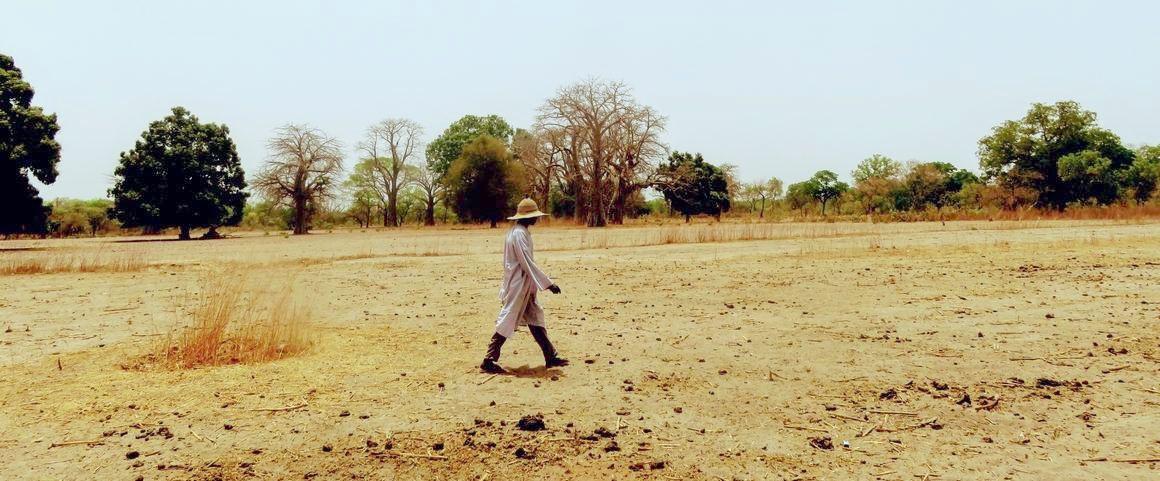Results & impact 10 October 2025
- Home
- Press area
- Press releases
- Land deals in Africa
Africa | 78% of land deals do not comply with international land tenure policy guidelines

Pastoral lands in the Sahel © S. Taugourdeau, CIRAD
1.7 billion dollars is the sum allocated at COP26 in Glasgow to helping indigenous peoples and local communities to prevent deforestation. However, in the main, that sum was promised by governments and private-sector donors in the very countries from which many of the investors identified in the Land Matrix Initiative’s latest report come.
“There is no point in these international commitments and policy changes unless they lead to effective, long-term, fair changes in investment practices on the ground”, says Ward Anseeuw, a CIRAD researcher based at the International Land Coalition and co-author of the report.
20% of the deals assessed did not comply with any of the principles of the Voluntary Guidelines
Of a total of 540 land acquisitions assessed in Africa, 78% showed unsatisfactory levels of VGGT uptake and implementation. 20% did not comply with any. 87% of countries presented unsatisfactory results regarding VGGT implementation.
This non-compliance with national land and investment legislation is a source of concern for the study’s authors: “consultation processes during these transactions are at best sketchy, at worst non-existent”, Ward Anseeuw stresses. “This means not only a lack of environmental safeguards, but cases of unlawful expropriation and minimal application of the compensation measures laid down by law.” The report also highlights a lack of regard for legitimate tenure rights, notably those of local communities and indigenous peoples, and for human rights.
A lack of transparency despite a decade of data collection worldwide
The study was backed by a decade of data collection and analysis worldwide. Despite those efforts, it was only possible to assess 23 countries. 190 of the 730 land deals compiled did not provide sufficient data and had to be excluded.
Jérémy Bourgoin, another CIRAD researcher and co-author of the study, points out: “In Africa, most countries and land deals only meet between 5 and 20% of the data points needed for such assessments, in line with the official frameworks in the Voluntary Guidelines: land tenure issues, human rights and environmental aspects. We are constantly faced with a lack of transparency surrounding both investments and investors.”
Fast-tracking land reform and improving investment monitoring
In February 2022, the European Commission adopted a long-awaited proposal for a directive on Sustainable Corporate Due Diligence (SCDD), aimed at addressing human rights and environmental abuses. The text represents a historic opportunity to enhance protection of workers, affected communities and the planet.
“As the draft stands, it may fall short of expectations”, Ward Anseeuw warns. “It relies on company codes of conduct and contract clauses between companies and suppliers, which risks weakening the directive when applied in total darkness.”
In the light of the results of its study, the Land Matrix Initiative recommends fast-tracking land reform and imposing more stringent and binding corporate and investor country accountability. “With increased transparency and monitoring”, the researchers advocate.
The VGGTs were drafted by FAO and endorsed by the Committee on World Food Security (CFS) in 2012. Their purpose is to provide guidance to “improve the governance of tenure of land, fisheries and forests”, with the overarching goal of achieving food security for all and supporting the right to adequate food.
Further information on the Voluntary Guidelines is available on the FAO website
Read the study
Anseeuw, W., Bourgoin, J., Harding, A. 2022. Little progress in practice: assessing transparency, inclusiveness, and sustainability in large-scale land acquisitions in Africa



























